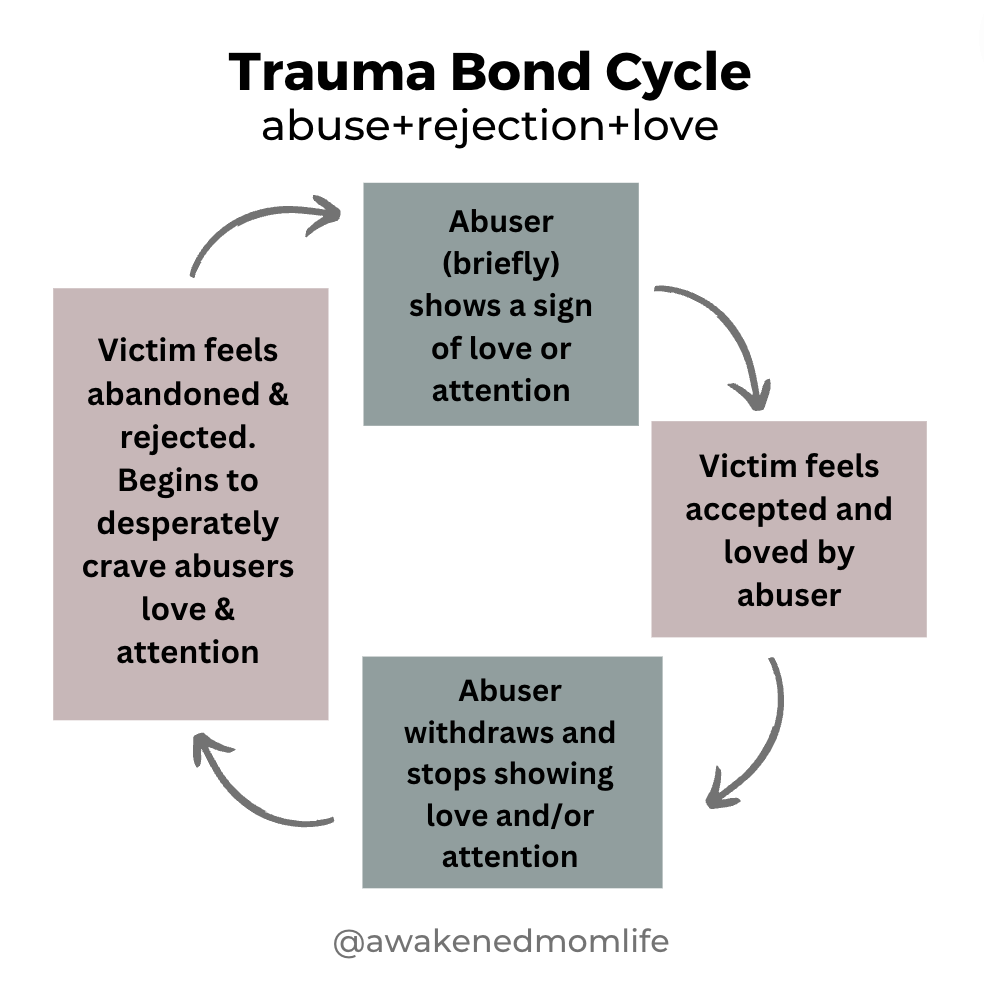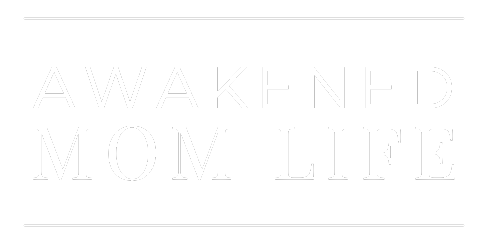I have talked with many people who are breaking the cycle of generational trauma, and we seem to have a few things in common. One, we feel like the black sheep of the family. You see, breaking trauma requires significant self-awareness; once you have it, you can’t turn it off.
This also means, unfortunately, you are surrounded by family that lacks self-awareness.
I don’t say this to be judgemental or condescending; it’s about perspective.
Once your perspective shifts, you must understand that theirs doesn’t. Unfortunately, this will start to feel like you must constantly be the “bigger” person to maintain family relationships. Your relationships with your family will begin to feel incredibly one-sided, with you continually working to keep a healthy dynamic they simply aren’t capable of.

Over time, this can lead to a lot of resentment as you begin to pull away to protect your inner peace. You may also experience the wrath of a narcissistic parent, which can further escalate issues. It can happen quickly or over many years as you learn how to re-navigate toxic family dynamics. As you disengage from family members, they will start to notice and may even attack you. Possibly accusing you of abandoning them, this is often the case with a narcissistic mother.
It’s critical to remember that a trauma bond only stops when one person is willing to accept and stop giving in to the trauma response.
It’s the push-pull feeling within you that triggers your trauma bond. Logically, you know they are causing you deep pain yet your heart won’t allow you to cut it off. Your heart is desperate for the connection of the toxic person even though it cuts to the core.
What is a trauma bond?
By definition, a trauma bond is a psychological attachment that forms in response to intense, recurring emotional pain, abuse, or trauma. In short, it feels fucking awful. You can’t break the attachment to a person, causing you immense pain.
A trauma bond is an unhealthy bond that develops between an abuser and a victim and is often marked by a cycle of positive and negative reinforcement. I noticed this several years ago with my abuser. She would be cold and distant; then, when I was desperate and suicidal, she would “come to the rescue,” showing me care and attention.
I craved that care and attention and desperately wanted to feel loved. So, as a child and into young adulthood, I was stuck in a pattern of hurt and rescue. You see, what happened is that when I was feeling “better,” I didn’t get any attention. I felt deeply rejected, which sent me into a depressive spiral. And in that depressive spiral, my abuser would come to rescue me (again). At that moment, the rejection disappeared momentarily.
Of course, it was short-lived because I would get better…. then the cycle would start all over again. As it turns out, I was dealing with a narcissistic mother who would never be able to give me the love and nurturing I deserved.

Why is it so difficult to break a trauma bond?
It’s that toxic dynamic that keeps you trauma bonded. And it’s not easy to break. Even after deciding to break off contact with my abuser, I feel that trauma bond. When they do something nice, like sending a card (even after I ask them to stop).
I feel a sense of craving for that attention and love again. At that moment, I am filled with that desperation for love…. but deep down, I know that if I return, the trauma pattern will begin again.
A trauma bond develops as a coping mechanism in an abusive relationship. The victim experiences intermittent positive reinforcement or “love-bombing” from the abuser, which can create emotional dependence. The victim believes the abuser is the only source of emotional support or validation. This makes you feel trapped and unable to leave the relationship—no matter how painful.
Trauma bonds are so difficult to break because they are based on complex psychological and emotional patterns. Recovery usually requires therapy, support, and a willingness to face and process the underlying trauma.
What can I do if I’m in a trauma-bond relationship with family?
If you are in a trauma bond relationship with a family member, it’s important to recognize that this is a complex and difficult situation.

First, educate yourself and learn as much as possible about trauma bonds and their effects on relationships. This can help you understand what you’re experiencing and why leaving is so difficult. The pain you feel is very real and, unfortunately, too common in abusive relationships.
One of the first things you can do is work on setting clear boundaries. This might mean limiting contact or avoiding specific topics of conversation.
Unfortunately, setting boundaries with an abuser may lead to more attacks on you.
Again, this is why educating yourself as much as possible is so important.
Remember, breaking free from a trauma bond relationship is difficult, especially when it involves a family member. But with patience, support, and the right resources, it is possible to move forward and heal from the effects of a toxic and damaging relationship.
Wait, Do I really have childhood trauma?
Understanding your ACE score is one of the best ways to determine if you’ve experienced childhood trauma and dealing with the repercussions as an adult.
ACE, known as Adverse Childhood Experiences, refers to a type of trauma or stress experienced by children before the age 18. ACEs can include physical, emotional, or sexual abuse, neglect, household dysfunction (such as domestic violence, substance abuse, mental illness, or parental separation), or other forms of adversity that affect a child’s sense of safety, stability, and attachment.
ACEs can negatively impact physical health and mental health, social and educational outcomes, and life expectancy. Want to know your ACE score? Take the ACE Score Quiz here.














